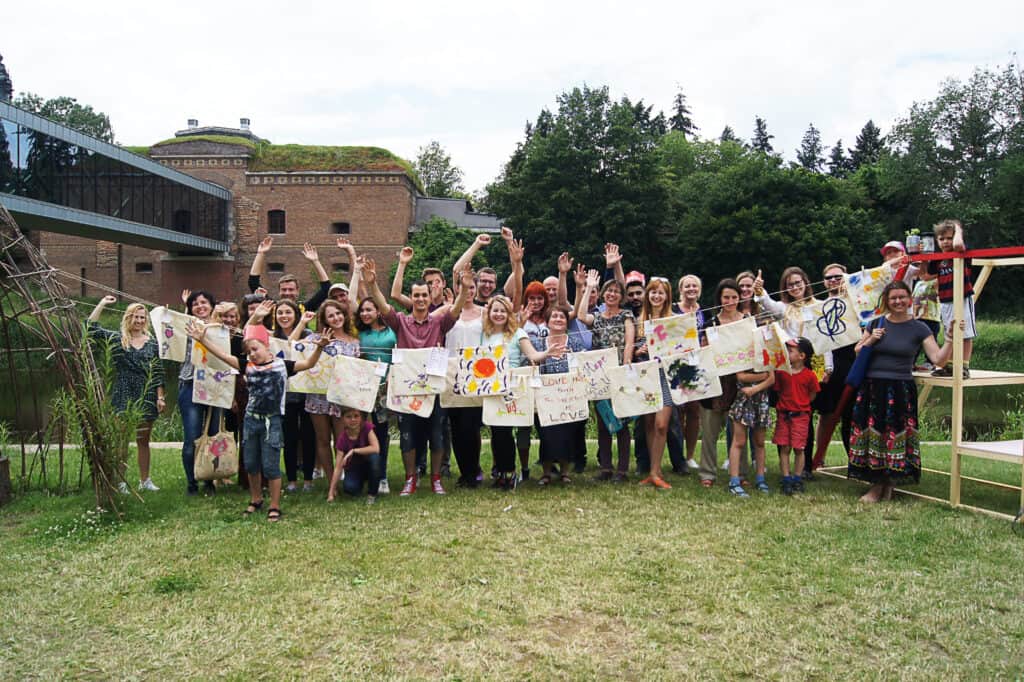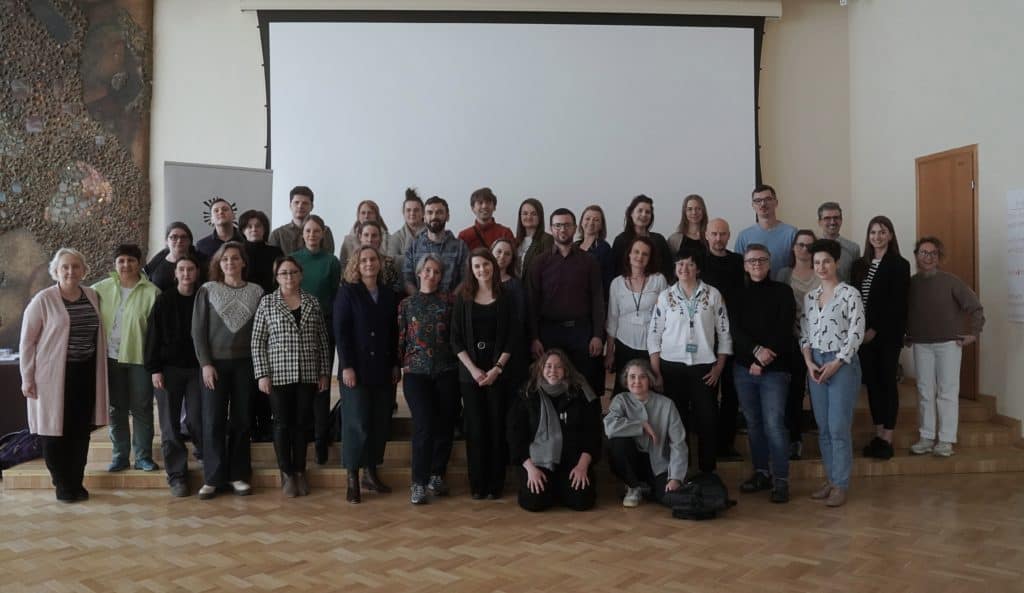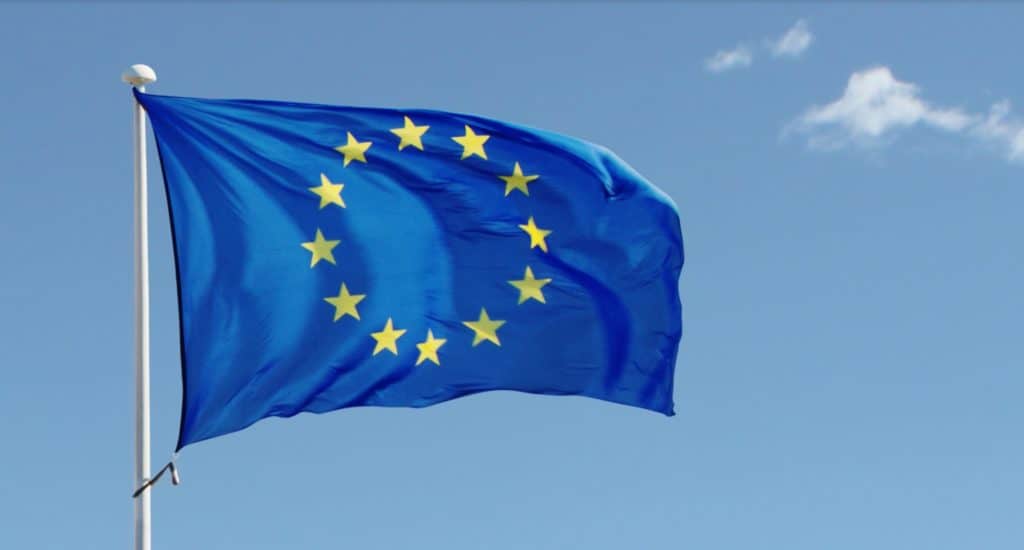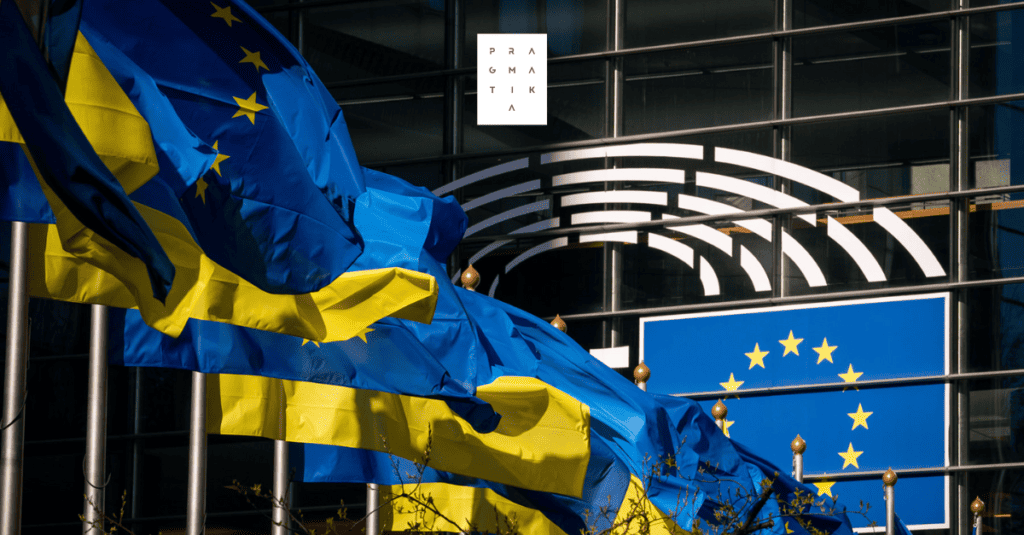Introduction
We believe that human rights and liberties derived from an individual’s dignity form the base on which the policy of every state should be built. We firmly believe that whenever any regulations, procedures, and strategies are developed and whenever public and nonpublic o rganisations take action, the main objective should be to protect and preserve the dignity of every human being.
We see what the situation around the globe is like: progressing climate change catastrophe, deterioration of the natural environment, rapid inc rease of human population, dwindling natural resources, and ever– deepening social inequality. As a society, we also contribute to the exacerbation of those issues by our consumption oriented lifestyle, the economic choices we make, and the way in which we handle our international policy. We believe that the only way to face those challenges is to act with solidarity and a sense of shared global responsibility and to develop a community going beyond national borders.
Migration related policy must not be perc eived exclusively in economic terms (which include meeting the needs of the Polish job market) or in terms of protecting one’s borders and giving European societies a sense of perceived security. Such an understanding of migration policy is shortsighted a nd it narrows it down too much; in that form, it serves first and foremost as a tool for improving one’s political standing and provides makeshift solutions which contribute nothing to either the stability of the state or the protection of people. If the issue is approached like that, it leads to turning a blind eye to the very real threats to the lives and health of migrants in their countries of origin. It also puts their lives and health at risk during their trip to Poland and may contribute to them bein g discriminated against and exploited in Poland, in violation of the spirit of Polish solidarity.
Let us not deceive ourselves into believing that migration and demographic processes taking place all over the world are going to bypass our country. In the f uture, Poland will either have a much smaller population or be much more culturally diverse. We believe that now is the time for us to think about the longterm development of our country and make sure that a diversified society could act as one community, that people behave as friendly neighbours to one another should, that they feel safe, and that they have equal access to rights and equal awareness of obligations.
We are convinced that developing a community comprising diverse individuals requires taking aware look at our current society which has changed over the course of several decades and will keep changing. Not every Pole is white and not every Pole is a devout Christian and an avid church a self– goer any more. There are Polish people whose skin ton e is different, who pray to a different god, or who have a different view of the world. We need to initiate a social debate on how to turn all the diverse people living in our country into one society based on mutual respect and support.
We are convinced that Poland may lead others as far as this is concerned: we could become a trend setting country aspiring to become a model democratic state operating according to the rule of law principle and effectively managing the inflow and adaptation of its new citiz ens, always ensuring that their dignity is respected in the process. We would like Poland to contribute to changing the migration policy of the European Union which, in our opinion, is faulty. The ongoing transformation of Poland from a country from which people migrate to a destination country for migrants is a perfect opportunity to develop a migration policy model.
We want a discussion of migration based on knowledge, facts, and understanding of the current situation. We want that discussion to focus on the longterm interests of the country and we want the future to be taken into account in a systematic and broad way so as to ensure the welfare of Poles in a changing world. We also want that discussion to be inclusive and to take place using a register w anyone and which emphasises the agentship of all parties to the process to join such a discussion.
We are aware of the current migration-related situation in Poland. That is, we take the following circumstances into account:
- Poland has been the leader among EU states as far as accepting new migrants is concerned for several years now;
- not only does our country not have an official legal document defining our migration – and integration-related policy but there is also no vision of and concept for such a policy. This statement is true for all major political parties;
- the European Union (following the principle of securitization and closing its borders to new migrants) has had considerable impact on the way migration policies in Poland are shaped by means of imposing certain restrictions on how member states can develop various solutions;
- the system for legalising the stay and work of migrants in Poland is inefficient due to its excessive formalisation and lack of observance of the rights of people involved in the process;
- the Polish system for granting refuge faces many challenges, including: the closing of Polish borders for refugees (in violation of international law), little to no international protection, and little support for migrants aimed at helping them start a new life in Poland;
- Poland contributes little to supporting the developmental and humanitarian needs of the Global South countries;
- Polish companies are becoming more and more interested in hiring migrants;
- the scope and intensity of undesirable phenomena affecting migrants in Poland are increasing due to there being no system for protecting them. Migrants are being professionally exploited and subjected to violence by some Poles;
- local governments play a special part and bear special responsibility as far as integration of migrants on a local level is concerned. They are willing to do so, as is clearly visible in steps taken by more and more cities;
- the level of awareness among Poles of migrationrelated subjects, including the level of awareness among politicians, is low and tainted with a narration of fear and prejudice.
The migration policy we describe below is based on two fundamental principles:
- Putting emphasis on and re-iterating the significance of human dignity which forms the foundation of all rights and which should be taken into account as part of all actions by all public institutions created to protect and support, all people in Poland, regadless of their nationality.
- Bolstering the sense of solidarity of Poles with other people and establishing a community of all people living in Poland, regardless of their legal status, nationality, and other personal traits. The way we understand it, community is a cohesive group of people which does not exclude any of its members and whose members respect and support one another. Such a community should be based on values derived from the principles of a secular, liberal, and democratic rule where there is social justice, where the rights of minorities are respected, and where all citizens are protected.



